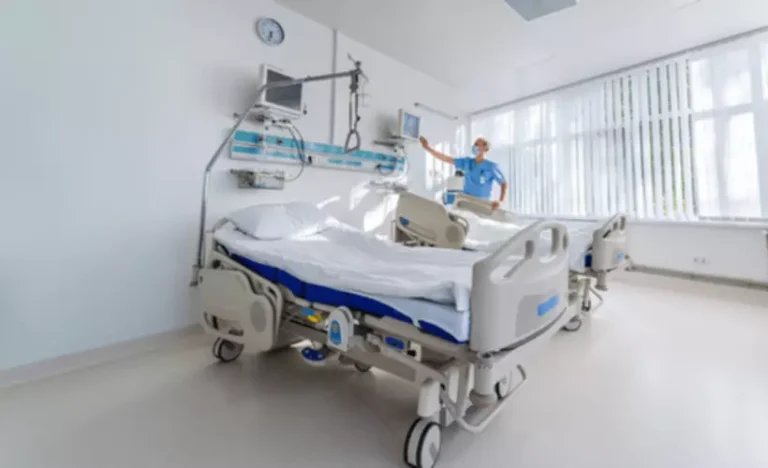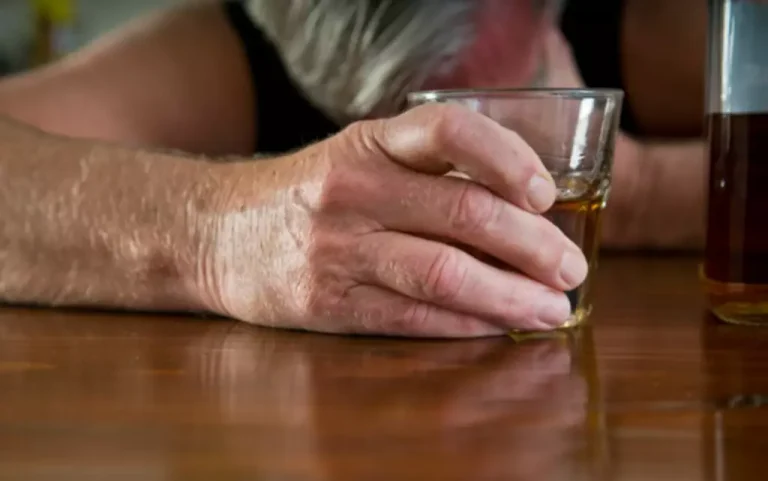
Something you only go to when you’ve hit rock bottom and have nowhere else to turn. But the truth is, learning what is a men’s Sober Living House can be a precious resource for anyone in recovery – no matter where they are in their journey. As a woman, you will face challenges that only other women can relate to. These shared life experiences enable you to support women while also getting support. While recovery is unique for every woman, they also face common challenges that can only be addressed by a gender-specific program.
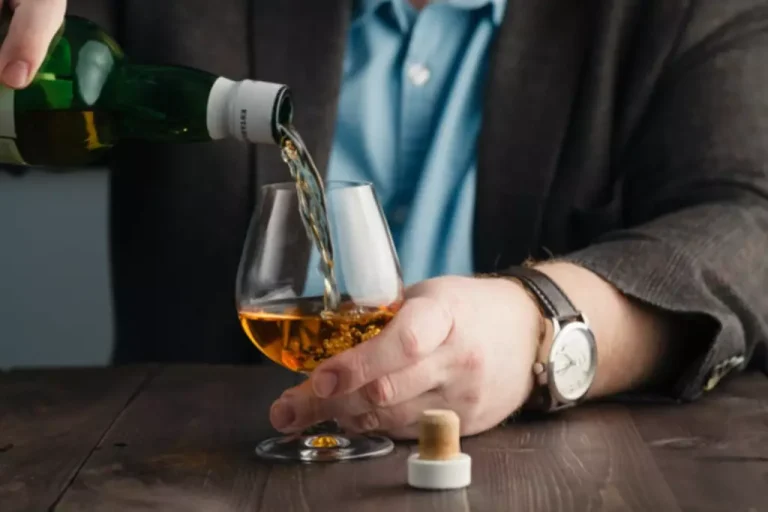
How Sober Living Houses Work
- Additionally, sober living homes often support residents in balancing work, recovery meetings, and house commitments.
- Our team at FHE Health can help you or your loved one to obtain that care.
- National Library of Medicine, sober houses are alcohol and drug free living environments for individuals attempting to maintain abstinence from alcohol and drugs.
The outcomes of living in such an environment can include positive health, behavioral, and relationship changes. Design for Recovery stands out for young men in Los Angeles striving to overcome addiction. Beyond promoting physical abstinence, this facility focuses on holistic healing and rebuilding lives from scratch. Our program, rooted in the 12-step methodology, emphasizes values like honesty, integrity, accountability, responsibility, and service. A review published in Psychiatric Services evaluated research articles and reviews specific to recovery housing and found that consumers can benefit from increased access to sober living opportunities. Like any lifestyle change, Sobriety requires developing new habits and routines.
- Without rules in place, residents would more easily be tempted to use alcohol or drugs again.
- When calculating the total cost of recovery housing, you have to consider expenses for outpatient treatments.
- A more extended period in an SLH means more time under a system of checks and balances.
- Those who lack a stable, drug-free and alcohol-free living environment are at high risk of relapsing.
- Most residents at sober living homes have a private or semiprivate room.
- They provide a balance of supervision and independence that allows people to transition back to work, school and daily life.
How to Pay for Your Stay at a Sober Living House
- Usually, residents have recently completed inpatient or intensive outpatient treatment for substance use addiction.
- Addiction specialists stress that residents actively address their addiction challenges.
- When considering the journey to sobriety, the path doesn’t simply end once an initial treatment or rehab program is completed.
- All sober living homes have a zero-tolerance policy regarding the use of drugs or alcohol.
So he and a group of friends who’d also just completed the program decided to create a sober house of their own, a place where they could live safely together, substance-free. This was back in the days when sober homes were still a new concept, Curtiss explained, and groups like his came together in a casual, ad-hoc fashion. Sober house is a beautiful and modern residential treatment facility specializing in helping people with addiction recover from their disease. The staff at Ascension House is passionate about helping residents achieve sobriety and lead happy healthy lives. A supervised residence is yet another option run by a group of people. The individuals managing the location are licensed professionals, though this licensing differs from one area to the next.
Benefits of Keeping an Addiction Recovery Journal
Sober living homes usually house only same-sex residents and require residents to complete either a detox program or an inpatient rehab program before moving in. Additionally, residents must agree to a number of rules when they move in. Some homes require signing out when leaving the home and signing in when returning. Getting a job or volunteering may also be part of some sober living programs.
What is Sober Living for Women?
Sober homes allow individuals to continue with elements of their recovery treatment even after their formal rehab program has finished. This continuation of support, motivation, and, in some cases, therapy will significantly enhance their chance of long-term sobriety. While living in a recovery residence, individuals are encouraged to find work, study, or participate in volunteer opportunities.
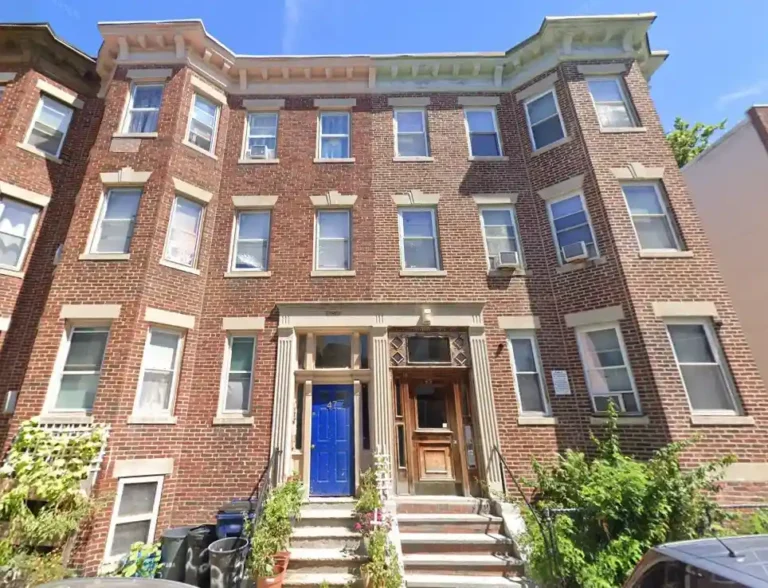
Our primary purpose is to foster long-term sobriety through the cultivation of accountability, camaraderie, & character development. Others may limit or restrict cell phone and internet access because they can act as triggers that could lead to relapse. It includes building relationships, supporting others and practicing healthy ways to overcome triggers. what is a sober house Enter your phone number below to receive a free and confidential call from a treatment provider. Sober living homes are places where someone in recovery can find independence while learning to seek and obtain community resources necessary for long-term recovery. Certain age brackets can experience specific challenges when recovering from addiction.
How Effective Are Sober Living Homes?
Most sober living homes require residents to pay rent, but it’s typically more affordable than many alternative housing options. If you or a loved one are pursuing addiction recovery, sober living housing could be the next step on your journey. For people currently in a treatment program, coordination with the current care team to establish an aftercare plan can make the transition to sober living much smoother. With professional connections between treatment programs and aftercare housing, patients can ensure they do not lose time transitioning between levels of care. A Sober Living House can provide the structure, support, and community you need to thrive in sobriety.

Level IV employs an organizational hierarchy of credentialed staff and adds on clinical and administrative supervision. Level IV services include in-house clinical services and programming and life skill development. Level IV recovery homes tend to have a more institutional building framework. Level III homes employ administrative staffers, such as a facility manager and certified staff of case managers, and maintain an organizational hierarchy. Adding on to previous Levels’ services, Level III includes an emphasis on life skill development, offsite clinical services and in-house service hours.
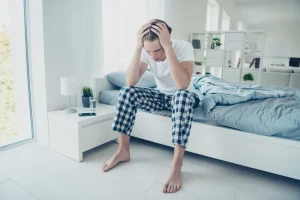
Sober Living Houses and 12-Step Programs
Individuals typically enter an SLH after being discharged from a clinical treatment center before returning to their previous home and routine. Many sober living homes are not government-funded and are self-supporting or operated by charities or addiction treatment centers. Some recovery houses accept donations of clothing, household goods, and other items for use by residents or to https://ecosoberhouse.com/ sell to make money to offset the facility’s costs. Some government funding for sober living homes is available, however. An example is the Substance Abuse and Mental Health Services Administration (SAMHSA), which offers grants to organizations that provide addiction treatment and recovery services. In addition to reducing the risk of relapse, recovery residences have other benefits.




